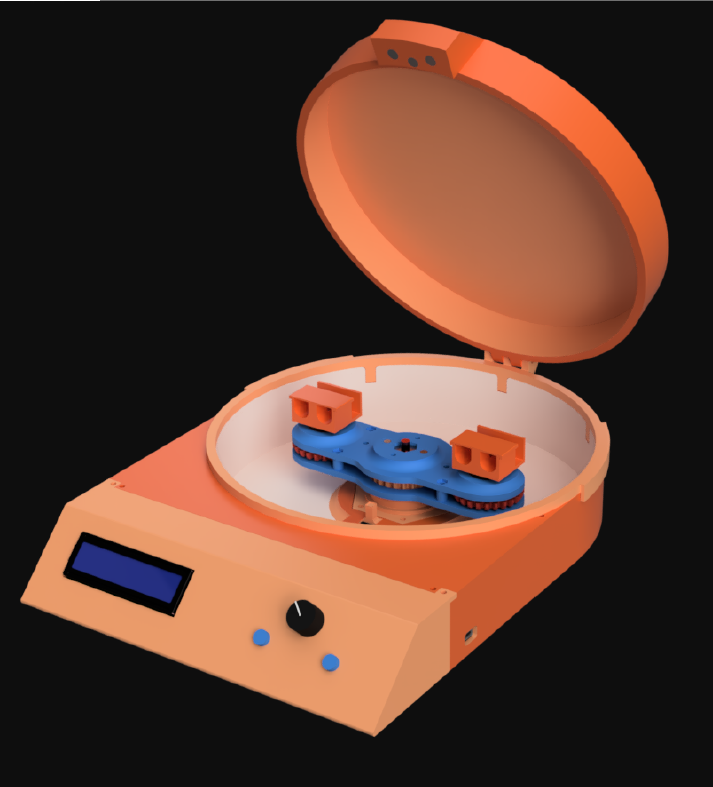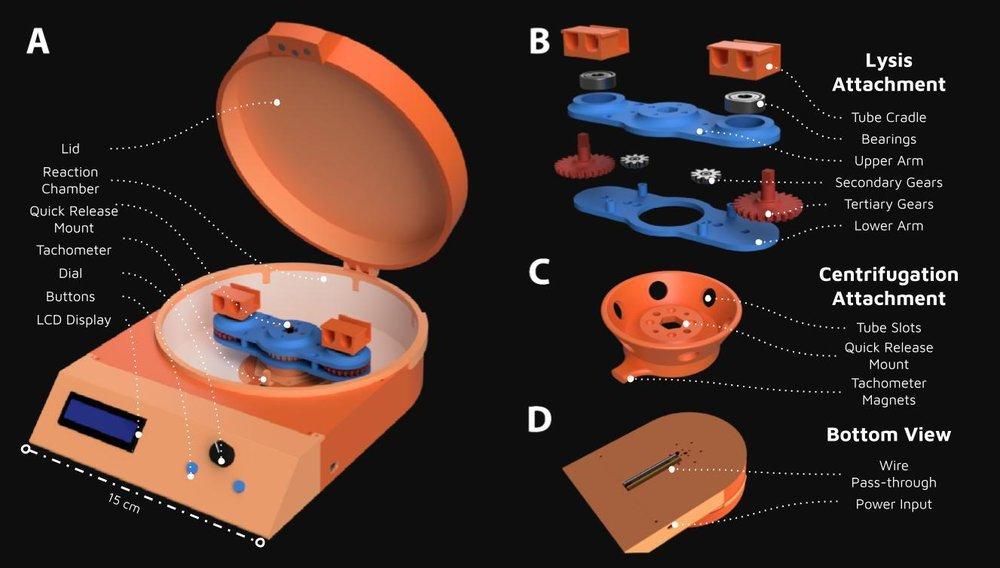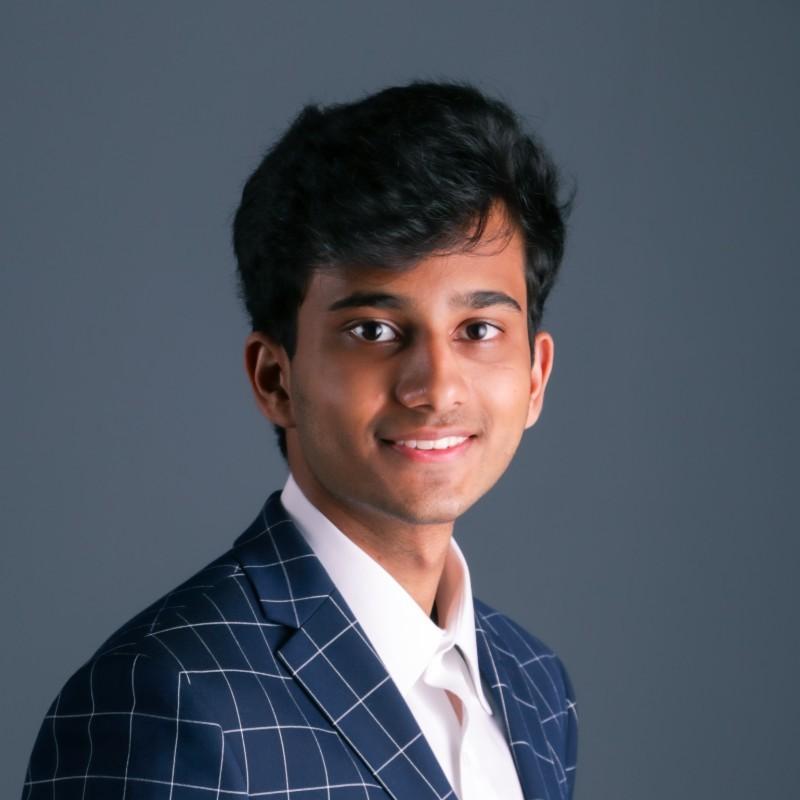
To help researchers operating under tight budget constraints, a research team at the Georgia Institute of Technology has developed OpenCell, a three-in-one laboratory device for DNA extraction procedures.
The OpenCell device, described in the open-source journal PLOS One, combines the functionalities of a bead homogenizer, a microcentrifuge, and a vortex mixer into one compact, open-source solution, addressing the significant financial challenges associated with traditional extraction methods. The battery powered OpenCell can fit into a backpack, making it ideal for fieldwork or use in locations with limited access to electricity.
According to the researchers, DNA extraction procedures often require multiple expensive instruments, making them inaccessible to budget-constrained laboratories and educational institutions, particularly in low-and-middle-income countries.
The device was developed in the laboratory of Saad Bhamla, assistant professor in Georgia Tech’s School of Chemical and Biomolecular Engineering. The other authors of the PLOS One paper include undergraduates Aryan Gupta and Justin Yu, Bioengineering PhD alumnus Elio Challita, and Janet Standeven, program director of Georgia Tech’s Frugal Science Academy.
Frugal Science Innovations
The origins of OpenCell date back to 2017, when Bhamla started working with students at Lambert High School in Suwanee, Georgia, as part of synthetic biology program led by Standeven, who was a high school teacher there. Bhamla helped students develop an electroporator costing less than a dollar with barbecue lighter technology. This led to a string of low-cost innovations and the creation of the Frugal Science Academy.
Gupta, who is lead author of the OpenCell project paper, studied at Lambert under Standeven where he needed to extract DNA for a project involving E. coli. Now finishing his junior year as an electrical engineering major, Gupta was inspired to attend Georgia Tech as a result of the collaboration with Bhamla and now works in his lab as an undergraduate researcher.
“We wanted to figure out how to use 3D printing and low-cost technologies to help solve the problem of how expensive many lab devices are, especially when you’re on a high school budget,” Gupta said. “Our main goal to make science easier and more accessible for more people.”
Assembly video of the OpenCell device


Undergraduate Aryan Gupta, lead author of the OpenCell paper
Low-cost Technology
Leveraging the wide accessibility of 3D printing and off-the-shelf components, the OpenCell device can be manufactured and assembled at a unit cost of less than $50, offering an accessible alternative to expensive laboratory equipment that can cost upwards of $4000.
In the study published in PLOS One, OpenCell demonstrated great effectiveness at isolating DNA from Spinacia oleracea (spinach). "These results highlight the device's potential for downstream applications such as Polymerase Chain Reaction (PCR) amplification, opening doors for research in a wide range of fields,” Bhamla said.
OpenCell’s design uses modular attachments that magnetically connect to a central rotating brushless motor, enabling efficient bead homogenization, vortex mixing, and centrifugation within a single unit. Its compact size and lightweight design contribute to its easy portability, and its battery power enables use for more than an hour in the field.
OpenCell incorporates multiple redundant safety features to protect the device and its users. But the researchers note that its 3D-printed construction, while cost-effective, is less durable than commercial devices. Therefore, regular monitoring and maintenance of components such as the motor hub and gears are necessary.
"The affordability of OpenCell makes it a game-changer for laboratories operating on tight budgets, democratizing access to essential equipment and accelerating scientific progress," said Standeven, who recently led a DNA extraction and barcoding workshop with the OpenCell device for 25 high school teachers in Pathum Thani, Thailand.
CITATION: Aryan Gupta, Justin Yu, Elio Challita, Janet Standeven, Saad Bhamla, “OpenCell: A low-cost, open-source, 3-in-1 device for DNA extraction,” PLOS One, https://journals.plos.org/plosone/article?id=10.1371/journal.pone.0298857, 2024

Janet Standeven, program director of Georgia Tech's Frugal Science Academy. led a DNA extraction and barcoding workshop with the OpenCell device for 25 high school teachers in Pathum Thani, Thailand.
(2 bottom photos: Ruetai Chongsrid of NSTDA, Thailand)
